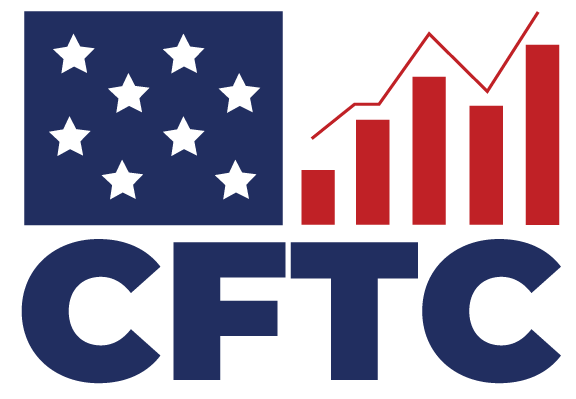Washington, D.C. — The Commodity Futures Trading Commission today announced that the U.S. District Court for the Middle District of Tennessee entered a summary judgment order on March 16, 2022 for permanent injunction, monetary sanctions, and equitable relief against Rodney Scott Phelps, formerly of Tennessee. Previously, the U.S. District Court for the Middle District of Tennessee entered an order of default judgment (default order) against two other parties to the suit, Jason T. Castenir of Kentucky and Maverick Asset Management (Maverick) of Tennessee.
The summary judgment and default orders impose civil monetary penalties and restitution totaling more than $5 million. This includes a $420,000 civil monetary penalty against Phelps and a $2,461,301 civil monetary penalty, jointly, against Castenir and Maverick. The orders also require Maverick and Castenir to pay $1,172,800 in restitution and Phelps also is required to pay $1,172,800 in restitution to defrauded customers. Finally, the Orders subject Defendants to permanent trading and registration bans and a permanent injunction from further violations of the Commodity Exchange Act (CEA) and CFTC regulations, as charged. [See CFTC Press Release No. 7221-15].
Case Background
The summary judgment order found that Phelps and Castenir formed Maverick, which operated a commodity trading pool. In 2013, Maverick solicited more than $1.2 million in funds from investors. The solicitations were boosted by false materials claiming that Phelps had an extensive history of investing successfully in commodity trading markets. The solicitations also falsely assured investors that their risk would be “limited,” and that they could expect “guaranteed returns” of more than 100% per year. They promised investors that their money would be invested in commodity trading markets with the goal of earning substantial returns.
According to the summary judgment order, Phelps and Castenir actually used less than $400,000 of the invested funds for trading. The remaining investor funds were misappropriated. Nearly all of the funds used for commodity trading were lost in unprofitable trades. Nevertheless, throughout 2013, and despite the losses, Phelps, Castenir, and Maverick sent investors false account statements showing their investments yielded remarkably high gains. Throughout the entire investment operation, Phelps never registered with the CFTC as a commodity trader, despite the fact the he and Maverik engaged in numerous regulated activities.
Criminal Action
The summary judgment order further noted that on September 20, 2019, after a jury trial, Phelps was convicted of 13 counts of fraud and conspiracy in connection with the same underlying facts as the CFTC’s case. Phelps was sentenced to 108 months in prison followed by three years of supervised release.
The CFTC cautions that orders requiring repayment of funds to victims may not result in the recovery of any money lost because the wrongdoers may not have sufficient funds or assets. The CFTC will continue to fight vigorously for the protection of customers and to ensure the wrongdoers are held accountable.
The CFTC appreciates the cooperation of the U.S. Attorney’s Office for the Middle District of Tennessee.
The Division Enforcement staff members responsible for this case are Alison Wilson, Raagnee Beri, Glenn Chernigoff, Michael Loconte, Erica Bodin, and Rick Glaser.
CFTC’s Commodity Pool Fraud Advisory
The CFTC has issued several customer protection Fraud Advisories and Articles, including the Commodity Pool Fraud Advisory, which provides information about a type of fraud involving individuals and firms, often unregistered, offering investments in commodity pools.
The CFTC also strongly urges the public to verify a company’s registration with the CFTC before committing funds. If unregistered, a customer should be wary of providing funds to that company. A company’s registration status can be found using NFA BASIC.
Customers and other individuals can report suspicious activities or information, such as possible violations of commodity trading laws, to the Division of Enforcement via a toll-free hotline 866-FON-CFTC (866-366-2382), file a tip or complaint online or contact the CFTC Whistleblower Office. Whistleblowers are eligible to receive between 10 and 30 percent of the monetary sanctions collected paid from the CFTC Customer Protection Fund financed through monetary sanctions paid to the CFTC by violators of the CEA.
Source: CFTC


